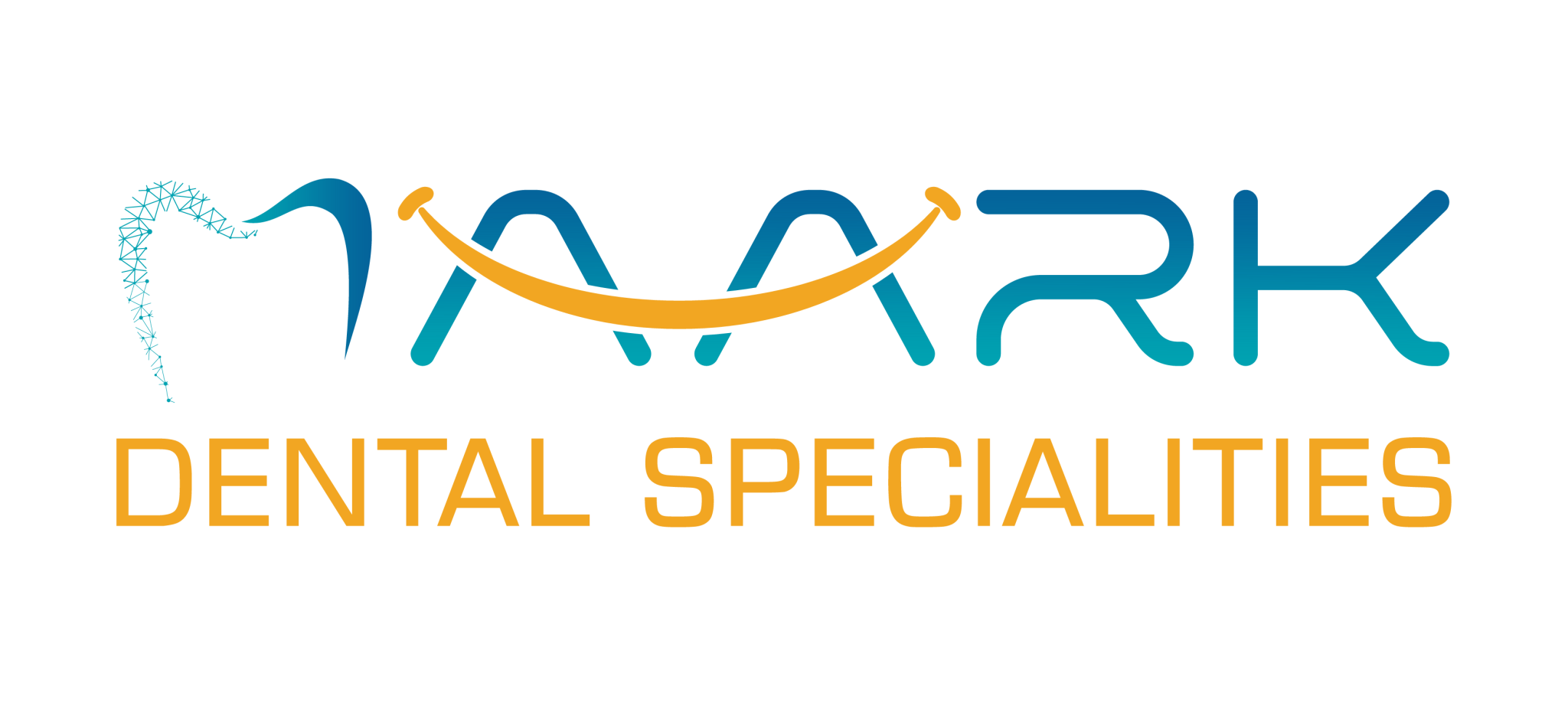Corrective Jaw Surgery (Orthognathic Surgery)

Restoring Harmony to Your Smile and Function
Corrective jaw surgery, also known as orthognathic surgery, is a specialized branch of oral and maxillofacial surgery that addresses issues related to misaligned jaws and facial asymmetry. This transformative procedure goes beyond aesthetics; it aims to enhance bite alignment, speech, and overall facial function. Corrective jaw surgery can significantly improve your quality of life by addressing complex jaw-related issues.
When Is Corrective Jaw Surgery Needed?
Corrective jaw surgery is recommended for individuals who experience the following issues:
- Misaligned Jaws: When the upper and lower jaws do not align correctly, it can lead to problems with bite function, speech, and facial aesthetics.
- Facial Asymmetry: Some individuals may have facial asymmetry due to differences in the size or position of their jaws, which can affect their appearance and self-confidence.
- Difficulty with Everyday Activities: Severe jaw misalignment can result in difficulties with chewing, biting, and speaking properly. It may also contribute to TMJ (Temporomandibular Joint) disorders and chronic pain.
The Corrective Jaw Surgery Process:
Corrective jaw surgery is a carefully planned and customized procedure tailored to each patient’s unique needs. The process typically involves the following steps:
- Consultation: Your journey begins with a consultation with an experienced oral and maxillofacial surgeon. During this consultation, the surgeon will evaluate your condition, discuss your concerns and goals, and determine if corrective jaw surgery is appropriate for you.
- Treatment Planning: If surgery is recommended, a detailed treatment plan will be developed. This plan includes pre-surgical orthodontic treatment to align your teeth properly, as well as a comprehensive understanding of the surgical procedure.
- Orthodontic Preparation: In many cases, you’ll undergo orthodontic treatment (braces or aligners) before surgery to ensure that your teeth are properly positioned for the final bite alignment.
- Surgery: The surgical procedure is performed in a hospital setting under general anesthesia. The surgeon will reposition the upper and lower jaws to achieve the desired alignment and stability.
- Recovery: After the surgery, there will be a recovery period during which you’ll need to follow specific dietary and post-operative care instructions. The duration of recovery varies but typically involves a few weeks of healing.
- Orthodontic Follow-Up: After surgery, you’ll continue with orthodontic treatment to fine-tune your bite and ensure long-term stability.
Benefits of Corrective Jaw Surgery:
Corrective jaw surgery offers numerous benefits, including:
- Improved Bite Function: Orthognathic surgery can significantly enhance your bite function, making it easier to chew, bite, and speak properly.
- Facial Aesthetics: The surgery can improve facial aesthetics by addressing asymmetry and providing better facial balance, enhancing your overall appearance.
- Speech Improvement: For individuals with speech difficulties related to jaw misalignment, corrective surgery can lead to improved articulation and communication.
- Relief from TMJ Disorders: Corrective jaw surgery can alleviate TMJ-related pain and discomfort by addressing the underlying jaw alignment issues.
- Enhanced Self-Confidence: Many individuals experience an improvement in self-esteem and confidence after the surgery, as they achieve a more harmonious facial appearance.
Maintenance and Post-Surgery Care:
Following corrective jaw surgery, adhering to your surgeon’s post-surgery care instructions is crucial for a successful recovery. This includes proper wound care, medication management, and attending scheduled follow-up appointments to monitor your progress.
In summary, corrective jaw surgery, or orthognathic surgery, is a specialized procedure designed to restore harmony to your smile, bite, and facial function. If you have concerns about misaligned jaws, facial asymmetry, or difficulties with bite function, consult with an oral and maxillofacial surgeon to explore whether corrective jaw surgery is the right option for you. Your surgeon will guide you through the process, ensuring your comfort and satisfaction with the results, ultimately enhancing your quality of life.


